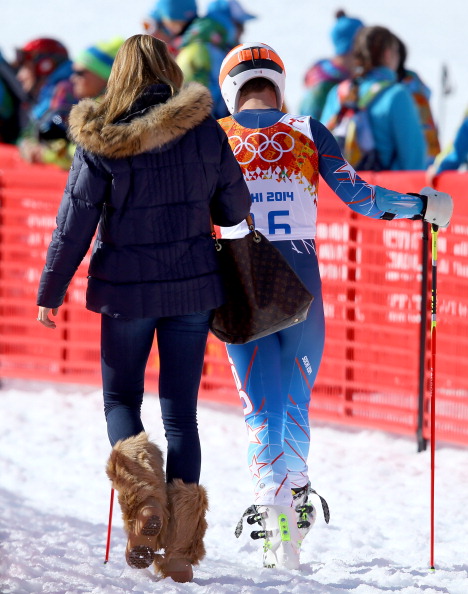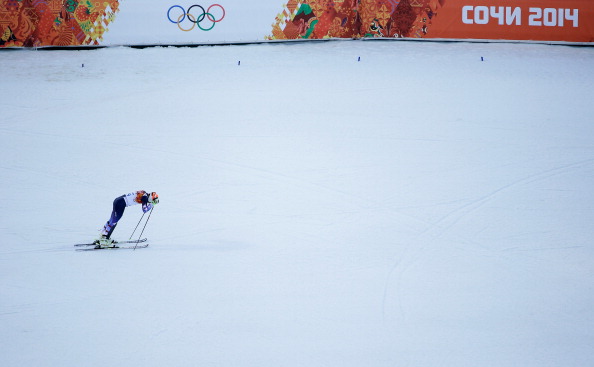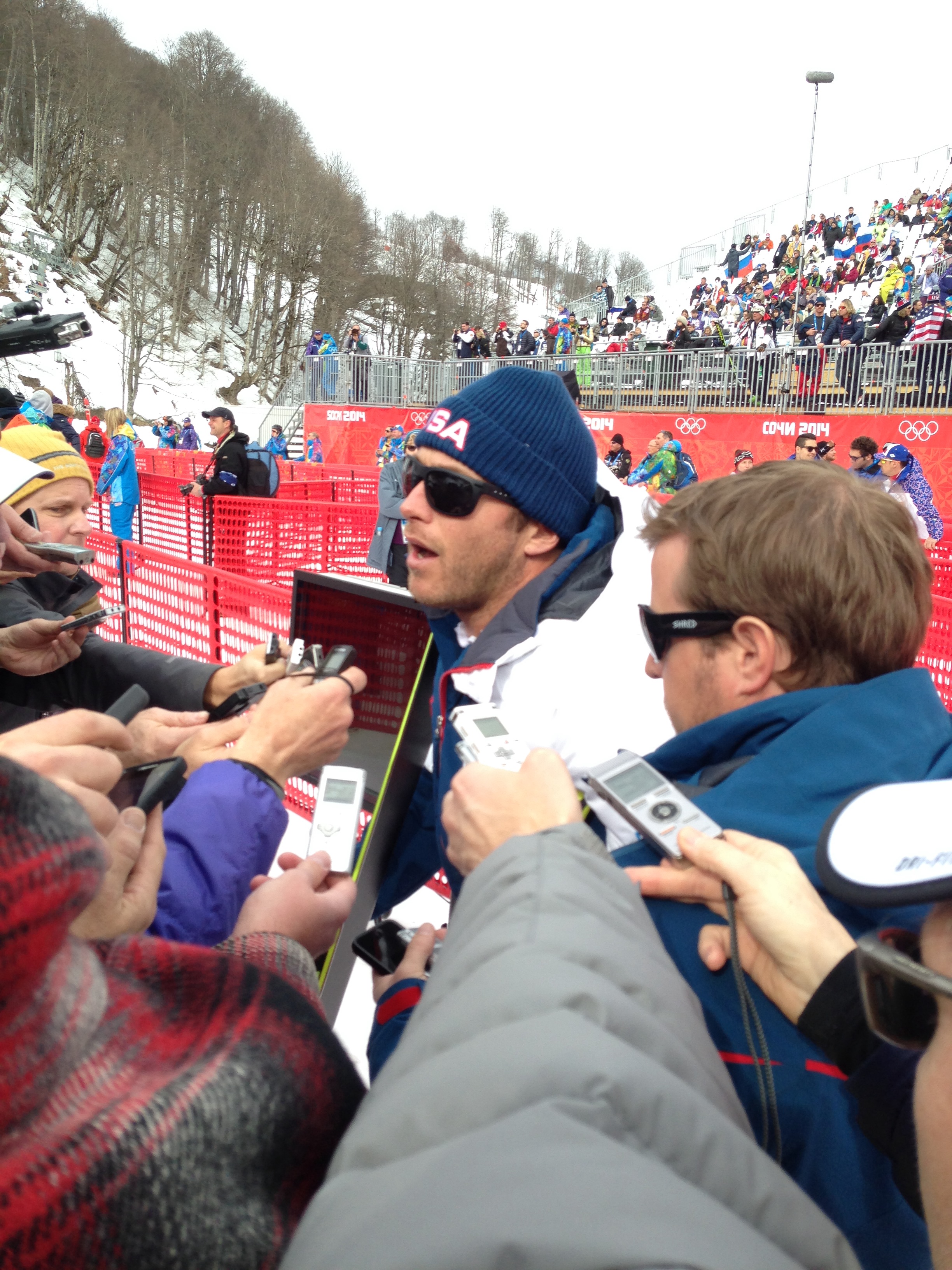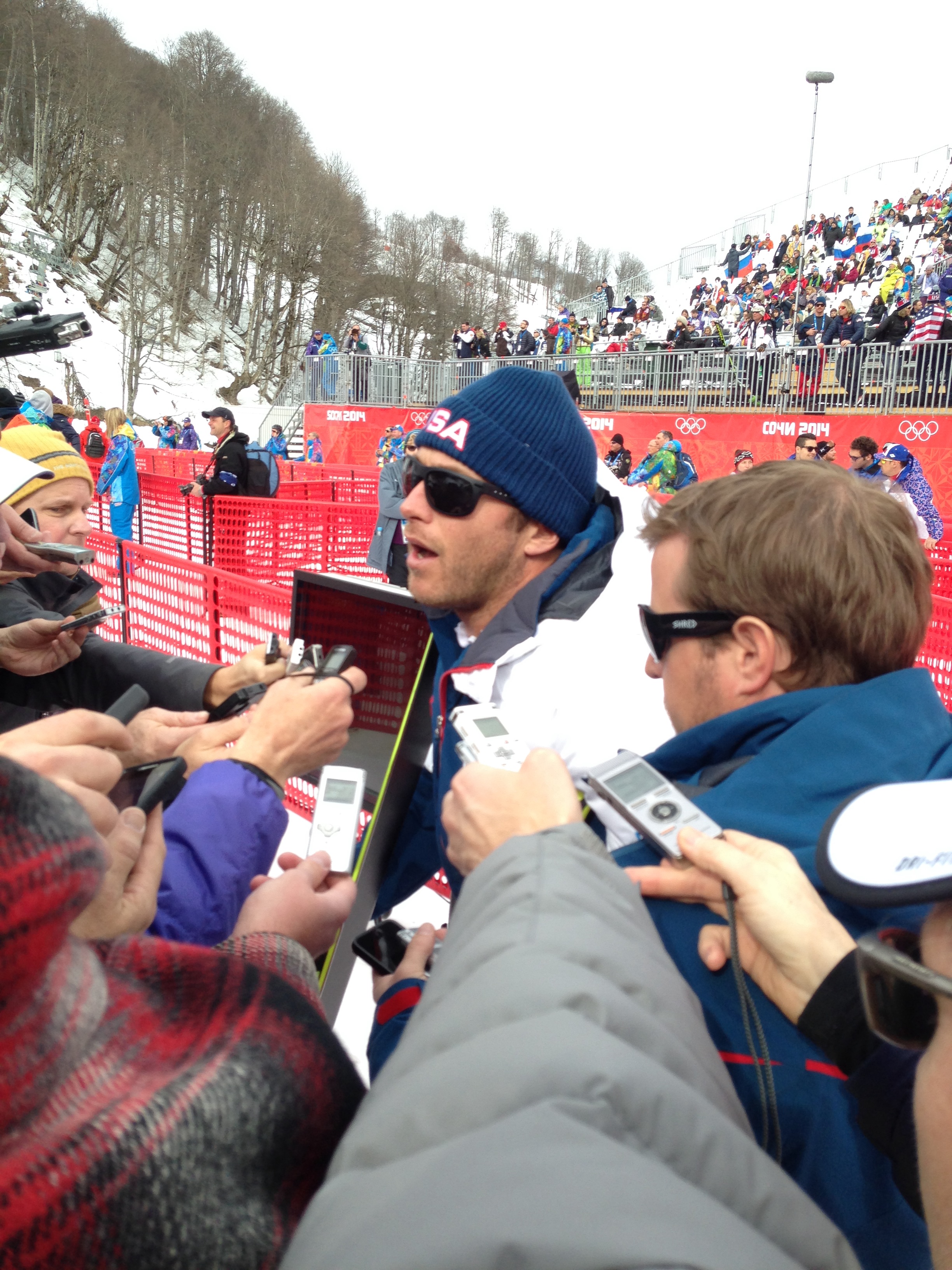When our youngest daughter was just 18 months old, we were at a friend’s house here in Los Angeles. In the back was an unfenced pool. In a flash, she had toddled out to the pool and jumped in. Alertly, my wife ran across the house and jumped in — fully clothed — after her.
Another story. When I worked at the LA Times, we were at a party down in Orange County with some newspaper friends. We were all much younger parents then, and there were all kinds of little children around. I happened to be on duty at the hot tub when one of the kids, who was just 2, just that fast, sank to the bottom. I fished her out.
Our daughter went on to do years and years at the LA County junior lifeguard program and a couple days ago finished her freshman year at Northwestern. That 2-year-old just graduated from Michigan.
These stories have happy endings.
Way, way, way too many don’t.
Please: let’s come together in the aftermath of the sorrowful drowning death of 19-month-old Emeline Miller, daughter of Olympic ski star Bode and his wife, Morgan, the professional volleyball player.
Let Emmy’s death be a call to action.













